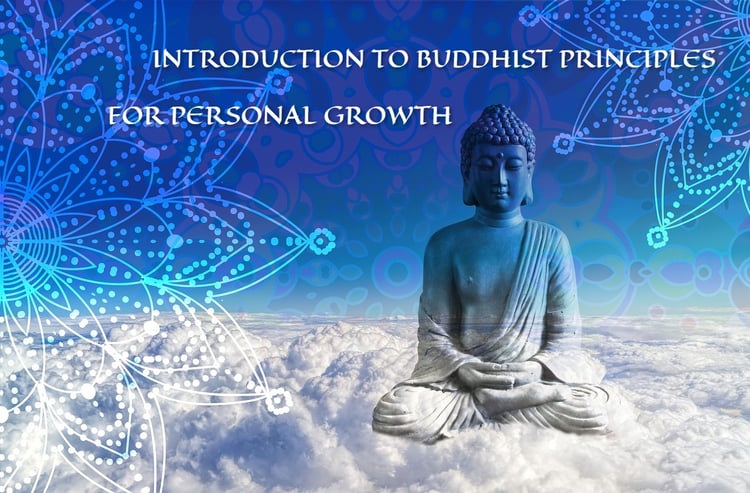
BUDDHISM AND PEACE PSYCHOLOGY course
BUDDHISM AND PEACE PSYCHOLOGY
course
Table of Contents
Introduction to Buddhism and Peace Psychology
Overview of Buddhist Teachings on Peace, Compassion, and Nonviolence
Core Concepts of Buddhism Relevant to Peace Psychology: Mindfulness, Impermanence, Interconnectedness
Analysis of the Root Causes of Suffering and Conflict from a Buddhist Perspective
Exploration of Buddhist Practices for Cultivating Inner Peace, Empathy, and Resilience
Comparison of Buddhist Psychology with Western Psychological Approaches to Peacebuilding
Mindfulness and Compassion in Peacebuilding
The Role of Mindfulness and Compassion in Promoting Peace and Conflict Resolution
Mindful Communication Techniques for Enhancing Understanding and Empathy
Cultivating Compassion for Self and Others as a Foundation for Peaceful Relationships
Mindful Conflict Resolution Strategies Inspired by Buddhist Principles
Incorporating Mindfulness and Compassion Practices into Daily Life and Peacebuilding Efforts
Buddhist Approaches to Healing and Reconciliation
Buddhist Perspectives on Healing Trauma, Overcoming Suffering, and Fostering Reconciliation
Practices of Forgiveness, Compassion, and Loving-kindness in Conflict Resolution Processes
Restorative Justice Principles in Buddhist Ethics and Peace Psychology
Case Studies of Buddhist-inspired initiatives for Healing and Reconciliation in Post-conflict Settings
Integrating Buddhist Wisdom into Psychosocial Support Programs for Individuals and Communities Affected by Violence and Trauma
34 pages.







